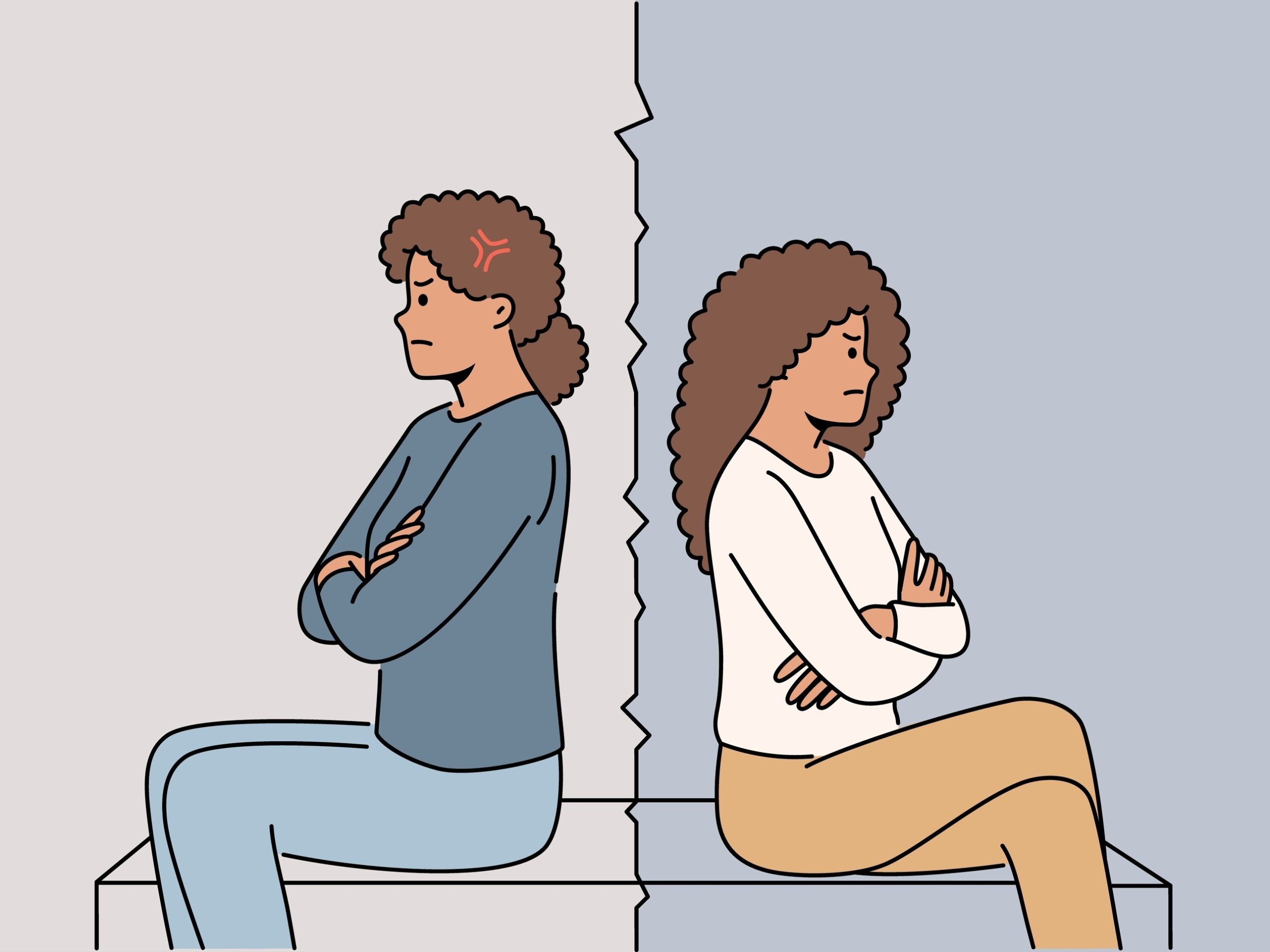When Steven from Columbus married his second wife, he thought he’d finally found his soulmate. His first marriage of twenty years ended in a disaster, so he was excited to start his new life. When he invited his adult children to his wedding, he got no response. He tried several times until his daughter called him back and told him she wouldn’t be attending.
Steven’s daughter was upset about him moving on from her mother and informed him that her brother wouldn’t be attending either. Steven gained a new wife but lost his relationship with his adult kids in the process.
Many adult parents are grappling with the fact that their adult kids don’t want to have anything to do with them. As the divorce rate increased across the country, so did the fracture of the American family. So much so, that there are scores and scores of broken relationships between parents and their adult children.
For Steven, the loss of his kids also meant the loss of seeing his grandkids as well. “I tried everything I could to get my kids back. I knew my ex-wife wasn’t helping things, but I thought at some point they would want a relationship with me. I was wrong, I now have to live with the fact that I have not seen my grandkids for the last five years.”
The reasons that adult children stop speaking to their parents can cover a wide spectrum of things. Whether they have experienced childhood trauma or are coping with the breakup of a marriage, many are choosing silence over therapy.
Estrangement is a growing problem for many parents of children raised in the Internet age. With the rise of divorce and social media, so has the rise in fractured relationships between parents and their adult children.

Try to recognize the early warning signs of estrangement. People frequently move between separation and reconciliation, making estrangement a fluid process. Early signs of estrangement may include:
- Decreased communication. With estrangement, individuals speak to each other less often, and conversations become less personal and meaningful.
For those experiencing this problem, trying to fix it can be difficult. The first thought is to try to get past what caused the silence. But experts warn that ignoring the problem can only make it worse.
What to do when an adult child won’t talk to you:
- Get Support. Being cut off by your child, with no ability to understand, communicate, and resolve things is difficult enough.
- Don’t cut off in response.
- Don’t feed the anger.
- Listen to your child without defending yourself.
- Focus on yourself, not your child.
Even if they are no longer a teenager, they may still be figuring out their new relationship with you as a more independent person. And you, too, maybe having difficulty accepting that they are no longer a child. Those changing roles often cause some friction and distance as you both navigate new life stages.
Don’t get into the whys and wherefores of the situation. Just say that you are interested in reconnecting and ask if they are ready. Sometimes, when parents try to bridge the gap, they come on too strong, explain too much, or assert their own version of the breakup story.
The fracture rests with the adult child, so leave it there. When attempting to work through why the relationship is broken, focus on what they are saying. Trying to explain your position will only anger the child and make them feel like they’re not being heard or that you don’t understand their position.
Unfortunately, the longer it takes to begin the process of reconnecting with a broken relationship, the worse it gets. Professional therapists describe the average length of estrangement between most parent/child issues last, on average four to five years. Experts agree that working to resolve the issue should be done sooner rather than later.

As an eager parent who desperately wants to reconnect with an adult child, you also must protect yourself from situations where the child might have unreasonable demands. Parents have to consider themselves and their own sanctity when negotiating if repairing the relationship is a form of manipulation.
Be sure to respect and enforce your own boundaries. If they are lashing out at you, ask for time and space. Forgive your child for not expressing his or her feelings perfectly, but do not accept abuse.
Here are some good reasons why you should stop:
- You are being threatened with restraining orders.
- Your adult child says that they need time apart but will be back in contact.
- Whenever you do reach out, they are consistently hostile and threatening.
It may be appropriate not to give up on an alienated child but to give space when the child is an adult and has made it clear that they don’t want a relationship with the parent. As children mature into adulthood, they can decide who they want to have in their lives.
The realization that they are adults and can decide for themselves if they want a relationship with you is one of the hardest things to accept. Parents typically will do everything thing they can for their kids to not feel pain. And that sometimes includes removing yourself when the pain they feel is caused by you.
Life is a long journey and coping with the loss of a living child is one of the hardest things to deal with and accept. Seeking professional help for the parent is just as important as seeking help for the relationship.
“I always thought that I would have my kids in my life as I got older. I would be able to enjoy them and see my grandkids grow up,” Steven said. “Now I think about my time of passing and how I will not be surrounded by my own children.”


